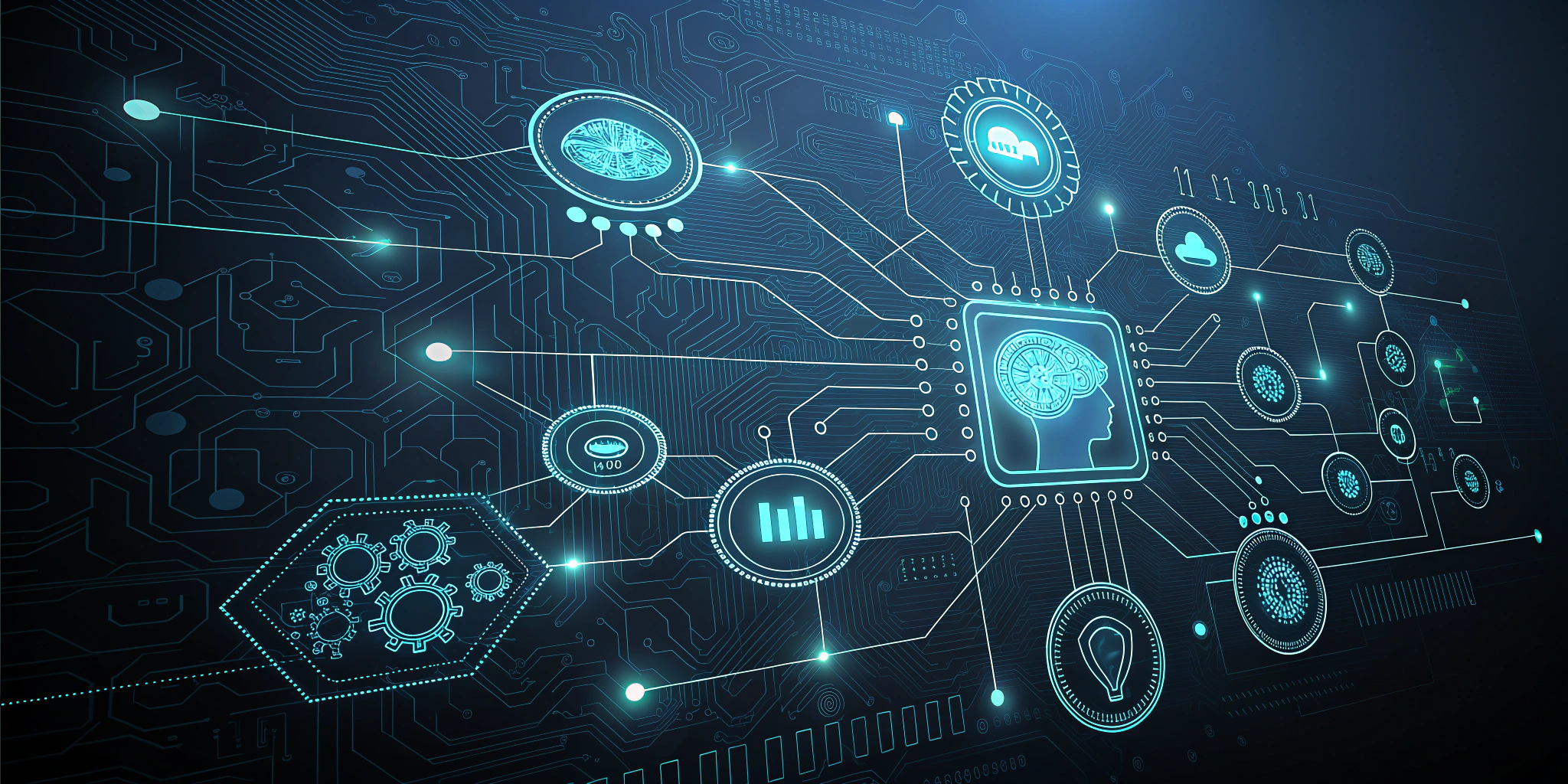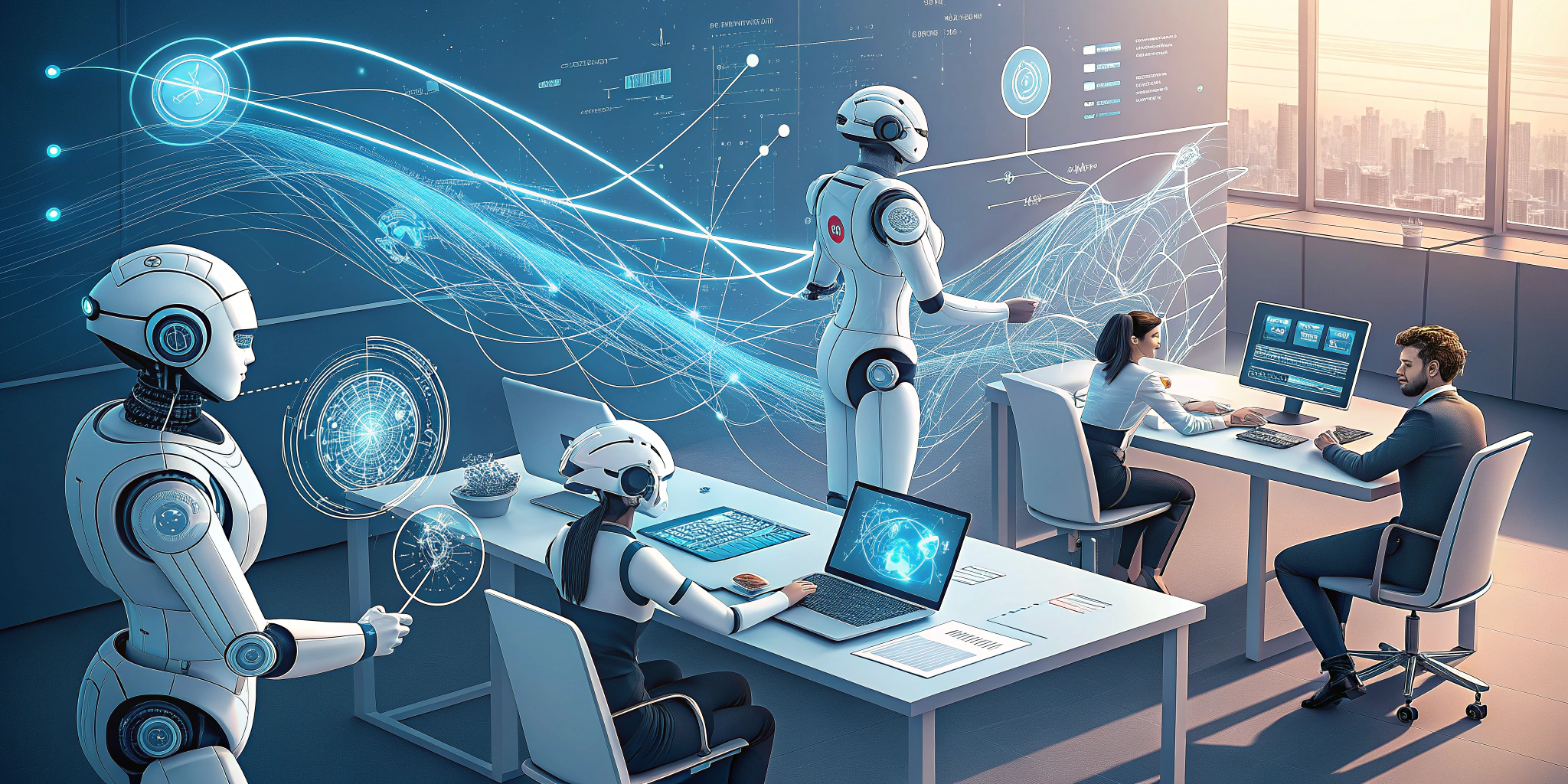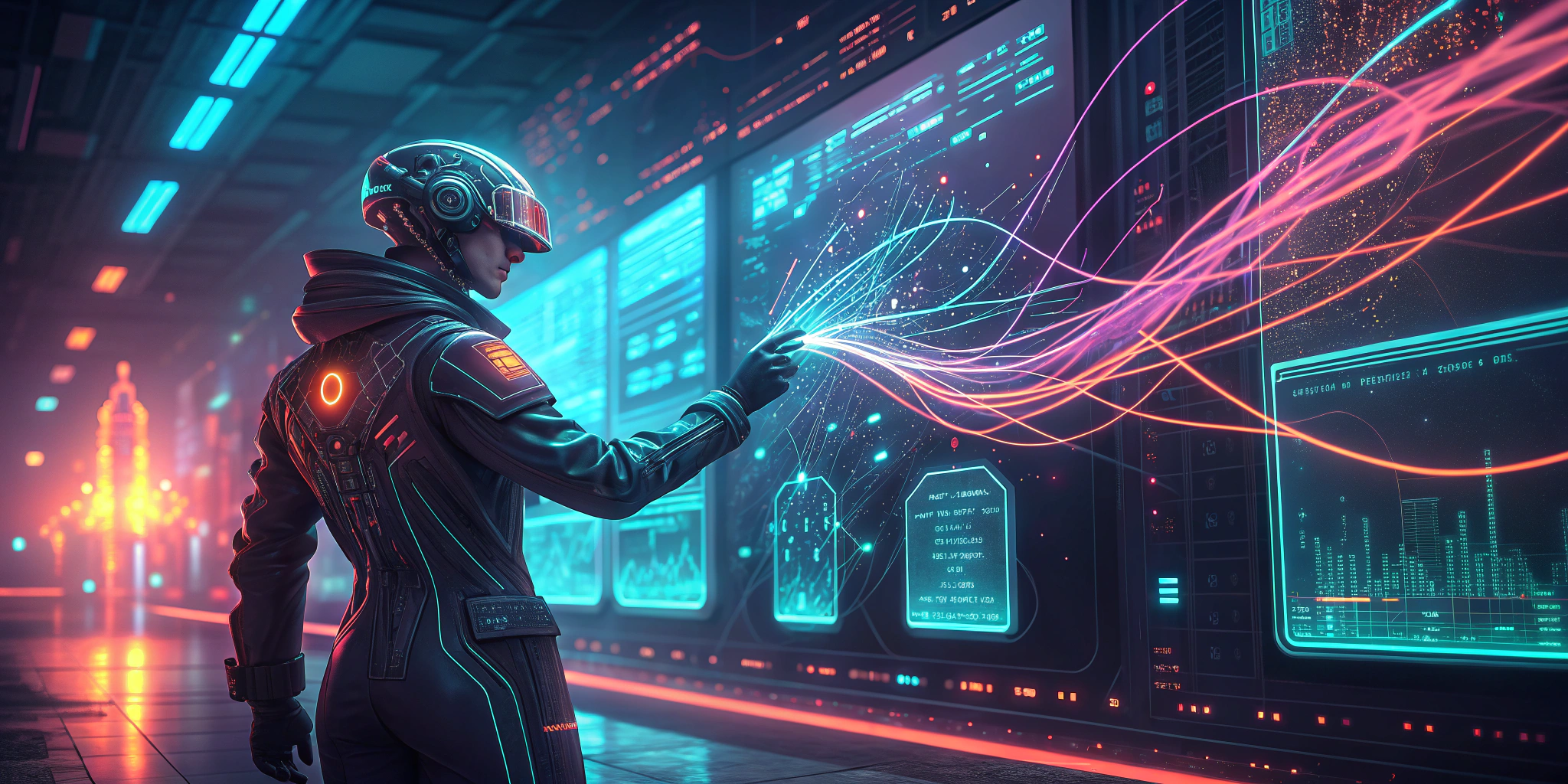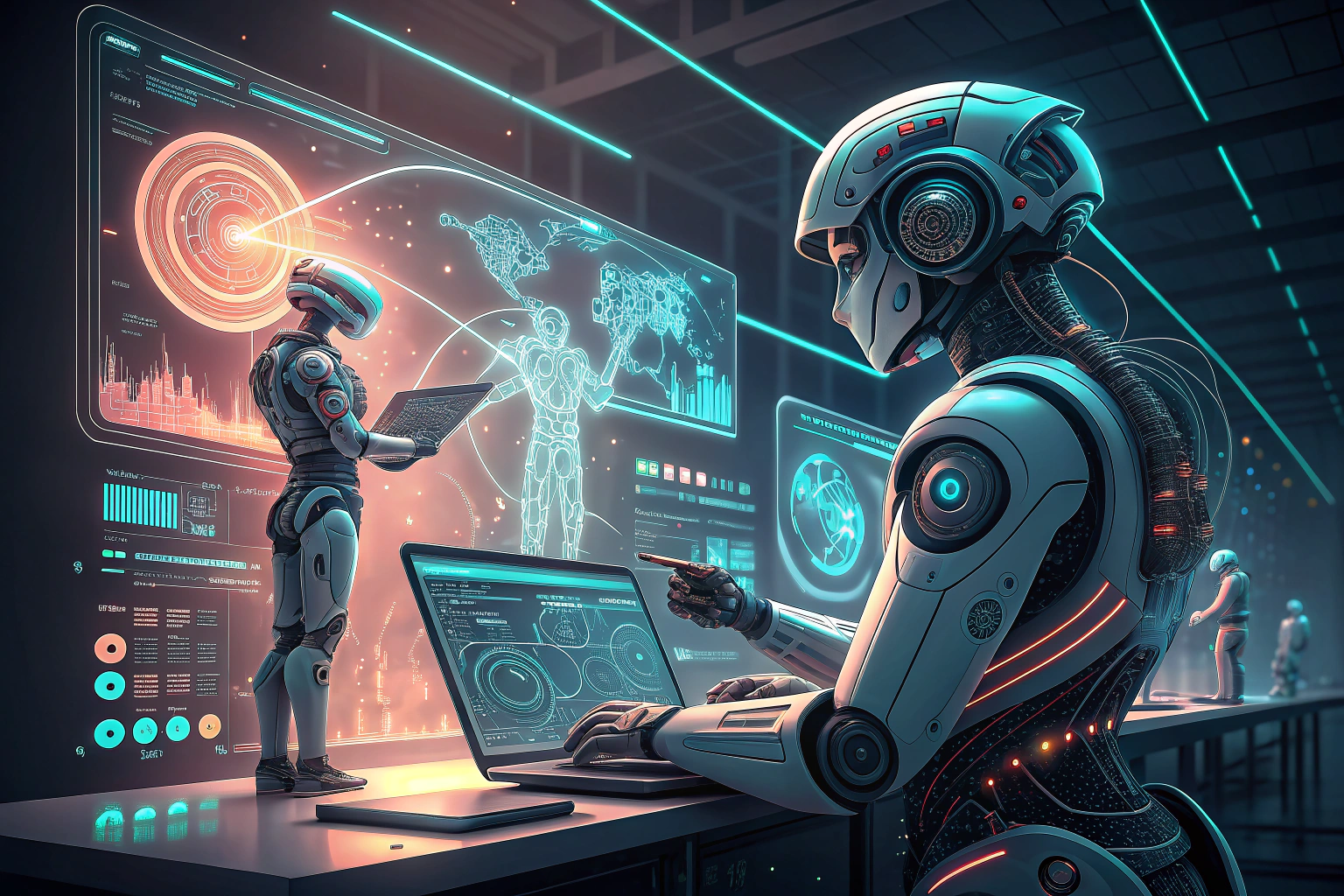The Rise of AI Agents: Transforming the Future of Technology
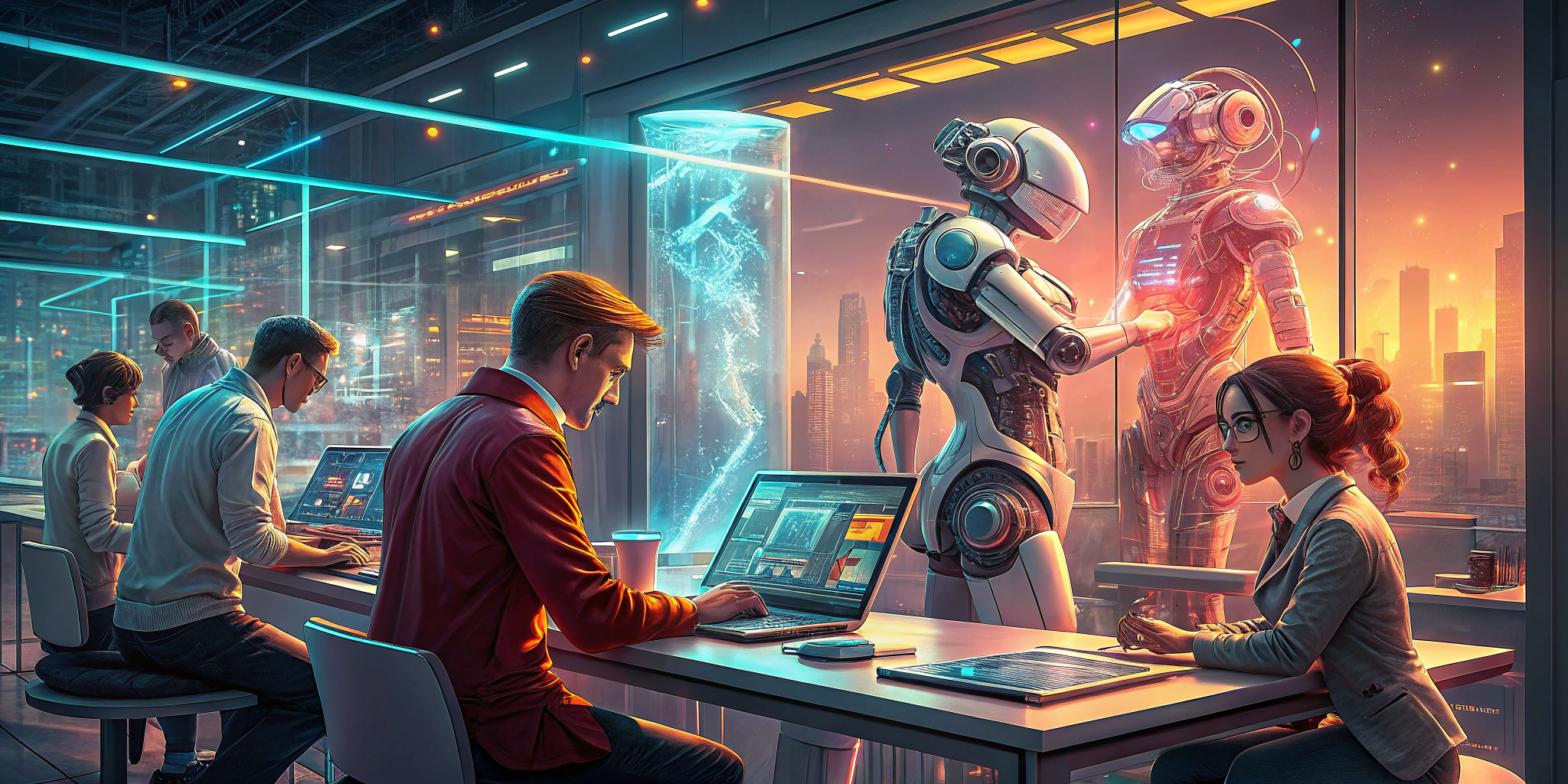
The Rise of AI Agents: Transforming the Future of Technology
Introduction
In the rapidly evolving landscape of technology, Artificial Intelligence (AI) has emerged as a key player driving innovation and efficiency across various industries. Among the myriad applications of AI, one concept stands out due to its potential to revolutionize the way we interact with technology: AI agents. These intelligent entities are designed to perform tasks autonomously, learn from their environments, and interact with humans in a natural and intuitive manner. In this article, we delve into the world of AI agents, exploring their capabilities, applications, and the transformative impact they have on industries worldwide.
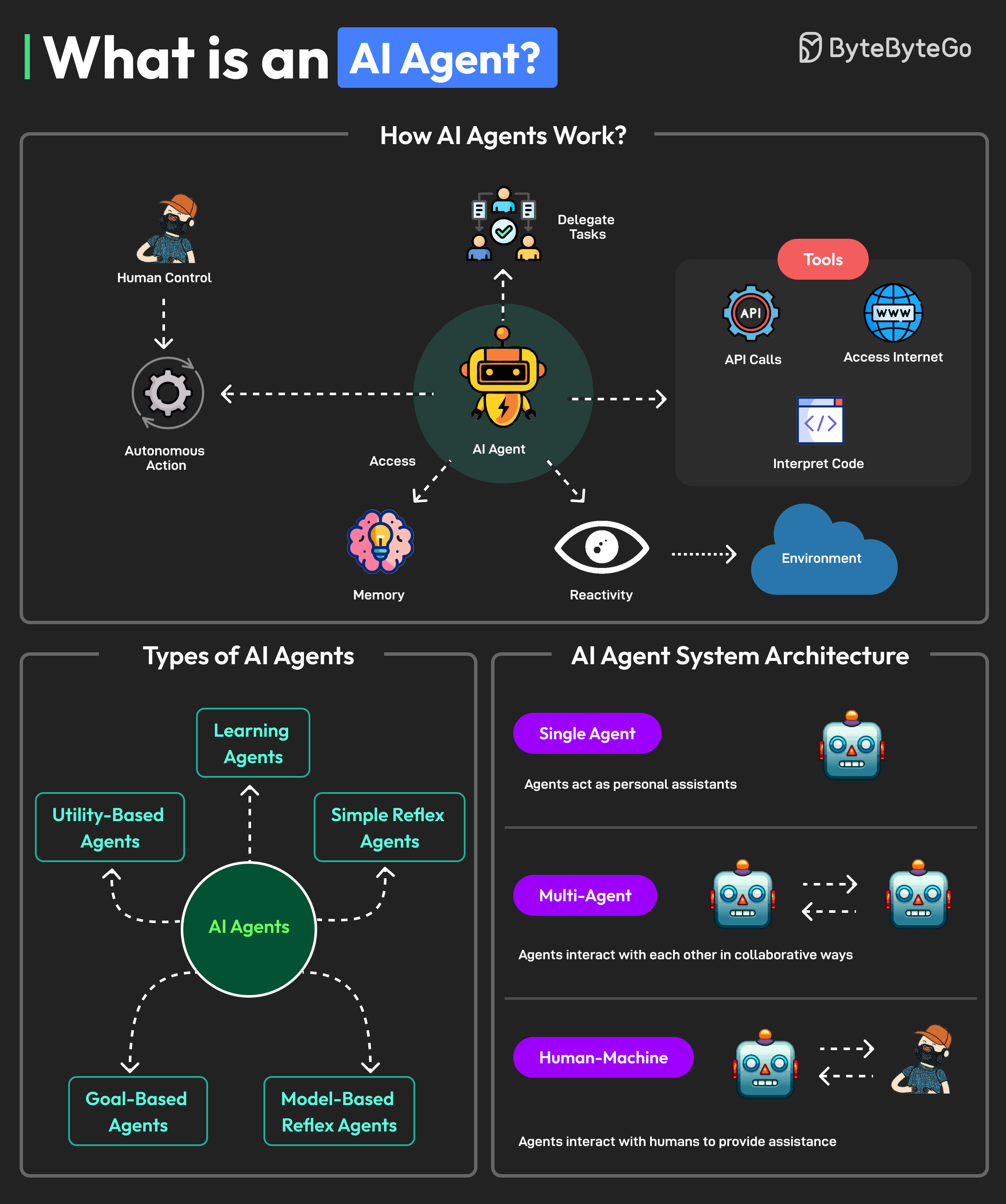
Source: ByteByteGo | What is an AI Agent?
Understanding AI Agents
AI agents, often referred to as intelligent agents or autonomous agents, are software entities that use artificial intelligence techniques to perceive their environment, reason about it, and take actions to achieve specific goals. These agents are capable of learning from their experiences, adapting to new situations, and making decisions based on data-driven insights.
Key Features of AI Agents

Source: Core Components of AI Agents | TeckNexus
- Autonomy: AI agents operate independently, making decisions without human intervention.
- Adaptability: They learn and adapt through machine learning algorithms, refining strategies over time.
- Interactivity: Natural language processing enables seamless human interaction.
- Goal-Oriented: Each agent is designed with specific objectives in mind, working tirelessly to achieve them.
Applications of AI Agents
1. Customer Service and Support
Chatbots provide instant assistance, offer product recommendations, and resolve issues 24/7.
2. Healthcare
Virtual assistants diagnose diseases, analyze medical data, and assist in treatment planning.
3. Finance
AI agents automate fraud detection, risk assessment, and portfolio management.
4. Autonomous Vehicles
Agents use sensors and cameras to navigate and ensure safe driving.
5. E-commerce
Agents personalize shopping experiences by analyzing customer behavior.
The Impact of AI Agents on Industries
- Increased Efficiency: Automating repetitive tasks boosts productivity and reduces downtime.
- Enhanced Decision-Making: Data-driven insights help businesses make informed choices.
- Improved Customer Experience: Natural interactions lead to higher satisfaction and loyalty.
- Innovation and Creativity: Freed from routine tasks, humans can focus on groundbreaking work.
Challenges and Considerations
Ethical concerns around privacy and security must be addressed. AI agents handle vast amounts of data, so responsible and transparent practices are essential.
Workforce impact is another consideration; while some roles may be displaced, AI also creates new opportunities in development, maintenance, and oversight.
Conclusion
The rise of AI agents marks a new era in technology, transforming industries by enhancing efficiency, decision-making, and user experiences. Embracing these intelligent entities responsibly can unlock unprecedented innovation and growth.
